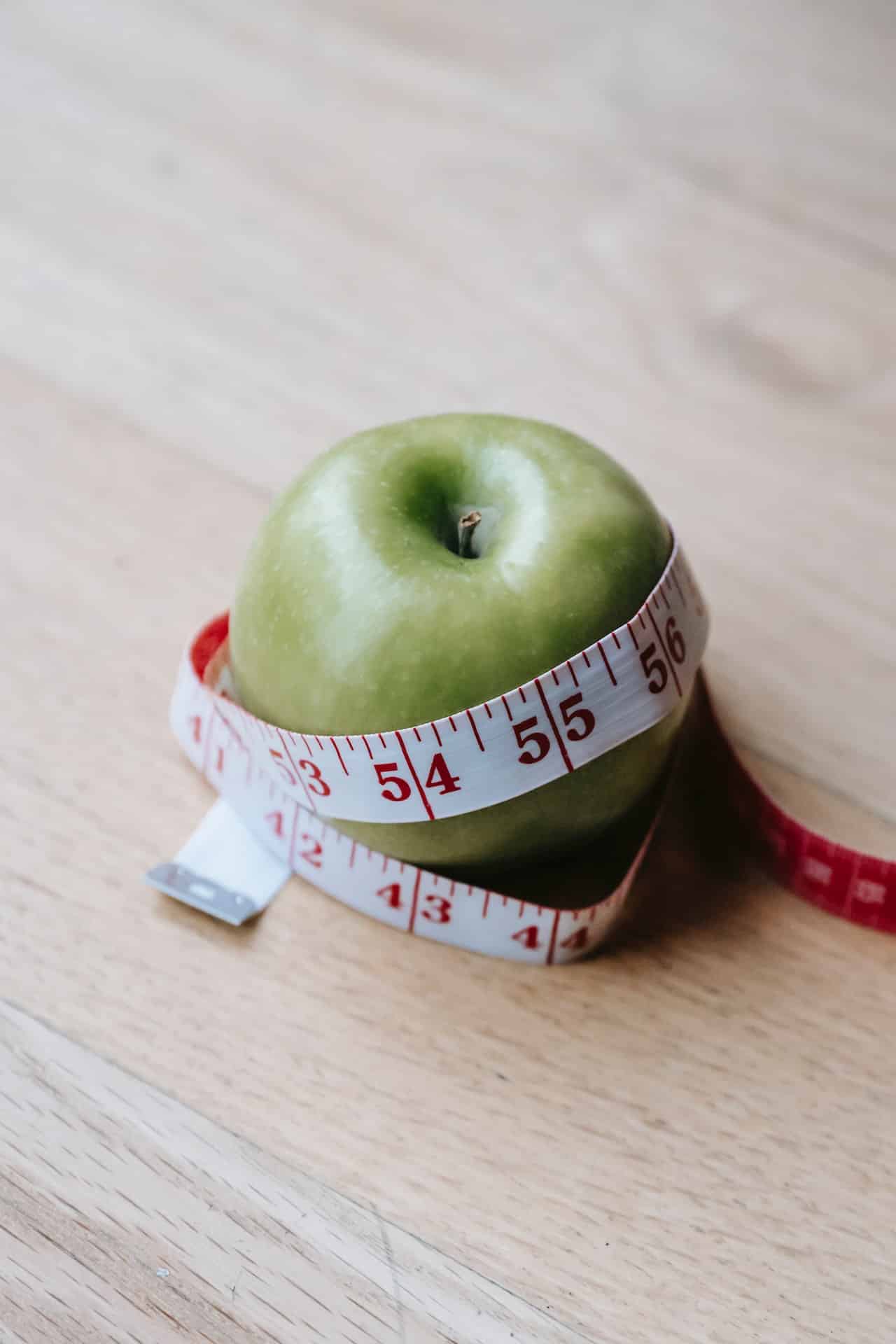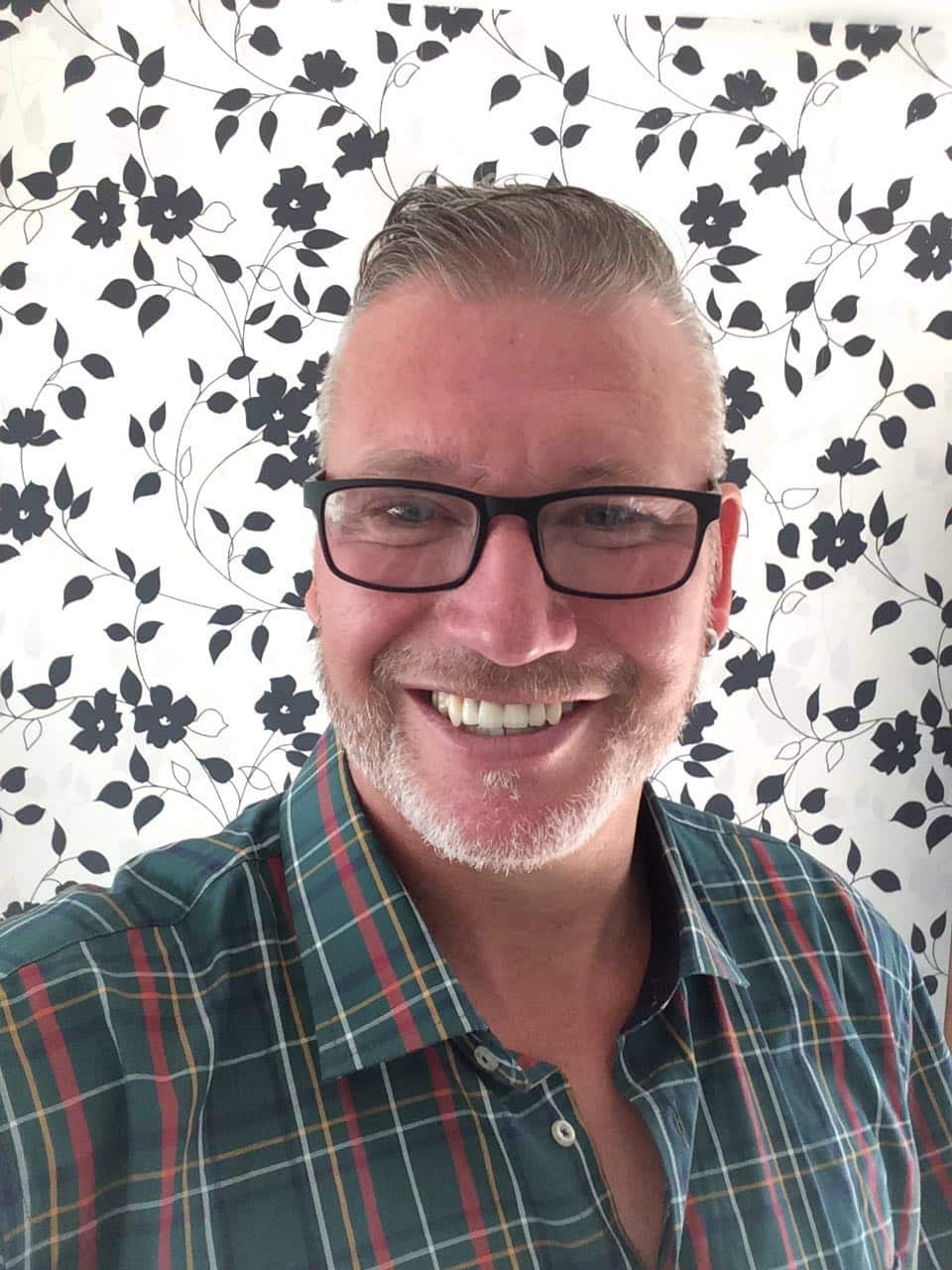A Compassionate Approach to Healing Food and Body Image issues.
If you’ve struggled with an eating disorder, whether it’s the relentless pursuit of thin-ness in anorexia, the cycle of overeating and guilt in bulimia, or the uncontrollable urges of binge eating, you will be acutely aware of what it takes from your life.
Many individuals, just like you, have experienced the profound impact of eating disorders on their lives and the desperation to be free from it.
It’s important to understand that eating disorders often surface as a response to underlying deep, but common psychological issues such as low self-esteem, feelings of inadequacy, or a distorted belief of your self-image. They can be incredibly challenging to face, leaving you feeling trapped and overwhelmed. But here’s the essential message, there is hope.
You don’t have to remain trapped in these destructive habits forever. You have the power to break free and reclaim your life. Through counseling, support, and self-discovery, you can learn to cultivate a mindful approach to eating, foster a more peaceful relationship with your self and food, and ultimately lead a happier, healthier life.
This journey may not be easy, but it is profoundly rewarding. The first step is acknowledging that change is possible and that you deserve to live a life free from the shackles of an eating disorder. Let’s explore this path together, where healing, self-discovery, and transformation await.

I’m Paul Parkin – A therapist and life coach. This is why you should work with me:

I’ve worked in eating disorders counseling for years, both in-person and online. I’ve helped thousands of clients dealing with issues like anorexia, bulimia and binge eating. By addressing underlying life problems connected to food, I’ve supported clients in living healthier lives. Successful treatment involves tackling these underlying issues, often tied to our past experiences. I’m here to help you find closure and recovery.
What some of my recent clients have said about our work together.
I reached out to Paul when I was in a dire state. My body had become so frail that I could see my bones through my skin, and I could hardly bring myself to eat more than an apple and a little water each day. I felt like I was on the brink of death, so I decided to seek help. That’s when I found Paul online, and I took a chance on him. I can honestly say that it was one of the best decisions I’ve ever made.
Paul was a lifeline during that dark times. He was not only understanding but also incredibly supportive. I felt safe opening up to him about my deepest fears and insecurities. With his guidance and compassion, I began to unearth the root causes of my negative self-image. Slowly but steadily, I started to learn to love myself for who I truly am, and for that, I’m eternally grateful.
Under Paul’s watchful care, my relationship with food began to shift. I started eating more, and my weight gradually returned to a healthier level. He taught me valuable exercises and the importance of self-care. Now, I’m in a good place both mentally and physically, with no more guilt about enjoying food in reasonable portions.
Paul, I can’t thank you enough for everything you’ve done for me. You truly are the best!
Kat, UK
‘I can’t express my gratitude enough to Paul for the life-changing help he provided me. I’ve always enjoyed food, but I struggled with intense concerns about my body weight and appearance. Whenever I socialised with friends or family, I would overeat until I felt uncomfortably full, and then I’d secretly excuse myself to the bathroom to purge what I had eaten. The shame and secrecy surrounding this ritual had been a heavy burden for far too long, and I just knew it was time for a change.
One day, I decided to seek professional help online, and that’s when I connected with Paul. His extensive knowledge and compassionate demeanor quickly earned my trust. With his guidance, I began to uncover the underlying issues behind my bulimic episodes. For the first time, I understood how my destructive behavior was tied to beliefs I had carried from my childhood.
Paul equipped me with valuable tools and techniques to cope with my past, and he helped me develop mindfulness around my eating habits. Today, I have control over how much I eat and what I put into my body. Thanks to Paul, I’ve shed the weight of shame and guilt, and I’m living a life free from the constraints of my previous eating disorder.‘
Sean, USA
